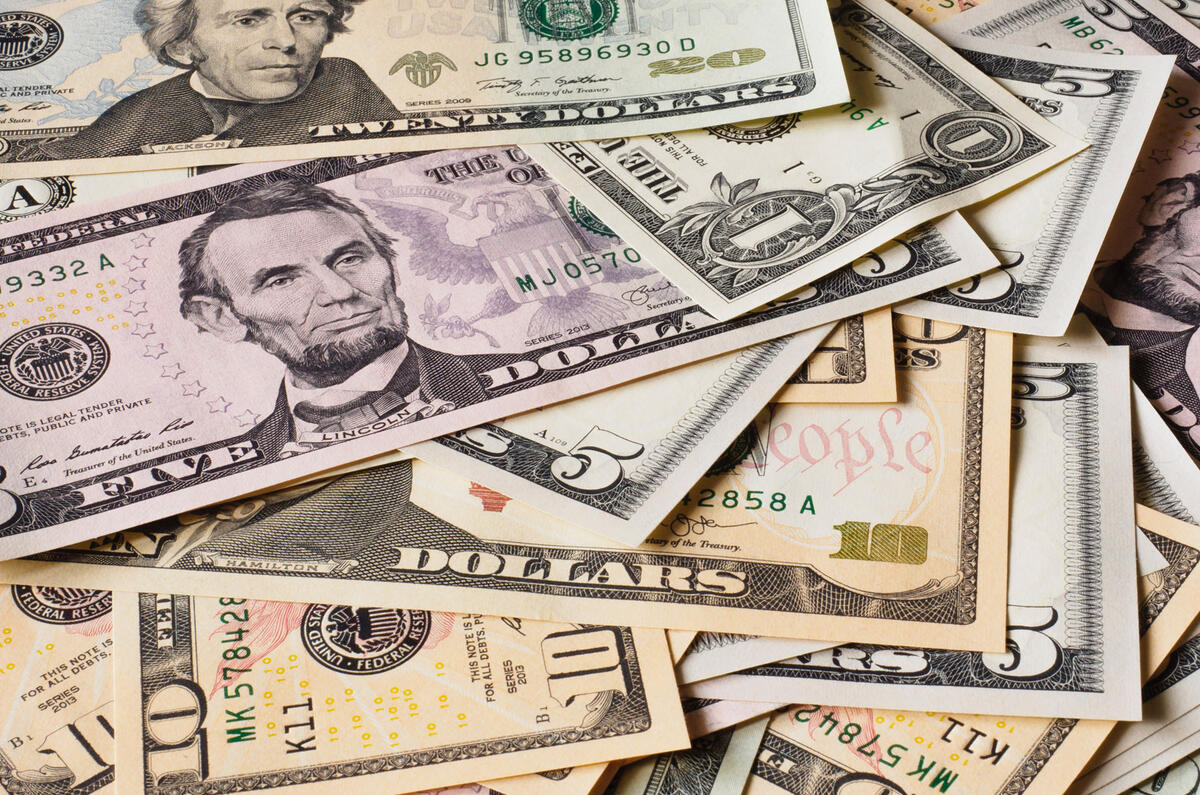Hidden in what you might call the small print, were it not such a large number, of Tesla’s recent Q2 financial report were the latest figures highlighting its income from selling emissions credits to rival car makers: $428 million, or 7% of the company’s revenue.
The moral standpoint of these credits is hotly debated. They work in a variety of ways, such as car makers with emissions below the mandated target selling them to car makers above the target, or car makers with zero-emissions capability selling them to car makers without it, allowing them to then sell cars in various US states, including California.
These credits have played a crucial role in Tesla’s against-all-odds growth. Its net profit for the Covid-19-afflicted quarter running from March to June was $104m, and without the credits, it would not have recorded accounting profitability across the past 12 months, a milestone that unlocks a variety of potential benefits for the firm, not least increased standing in the all-important investor circles, where even the most conservative of commentators can now justify getting a bit giddy. An operating margin of 5% – okay in car industry terms – would be a perilous 1% without them.
The estimate is that Tesla will earn more than $1 billion from these credits in 2020 alone, and while senior executives concede that they are staring down the barrel of a decreasing income stream as rivals get their acts together and launch some BEVs of their own, the rate at which Tesla is earning has so far kept accelerating. It’s a lucrative if unpredictable income stream currently enjoying exponential growth: in 2018 Tesla earned $419m from them and in 2019 $593m.
Who is buying the credits, and what they are paying, is hidden mostly in opaque accounting. Of everyone, Fiat Chrysler Automobiles is the most open because of its ownership structure, so it is on record that FCA has a deal to buy $1.1bn of credits through to 2023. Court filings last year revealed that GM, which has its own EV capability with the Bolt, is also a customer.
However, one CEO, well known for being brilliantly connected and with recent experience of mainstream premium brands, recently told Autocar that “almost every car maker is buying credits in some form, but we don’t have to declare it.”
None of this is Tesla’s fault, of course. Indeed, a fair mind can only give credit where it is due. But when it’s cheaper to pay a competitor than build cars to meet regulations, you have to wonder if the system itself is fit for purpose.
READ MORE
Inside the industry: Will a radical shake-up save Ford?
Inside the industry: Tesla's success starts on the playground
Inside the industry: Firms can still thrive in these tough times




Join the debate
Add your comment
CO2 credits how to?
I am 1,000 tons CO2 negative over the last 10 years, with a neighbour, and a couple of her friends, using an invention of mine. How can I cash those credits?
cri 4 commenters
I can only hope that long may this continue, and tradOEMS products keep getting beaten in range & charge times by Tzluh just so I can come and have a laugh at you all in the comments everyday :)
Tesla
This is conclusive proof that the whole emissions thing and so called climate change is the complete BS that it really Is .